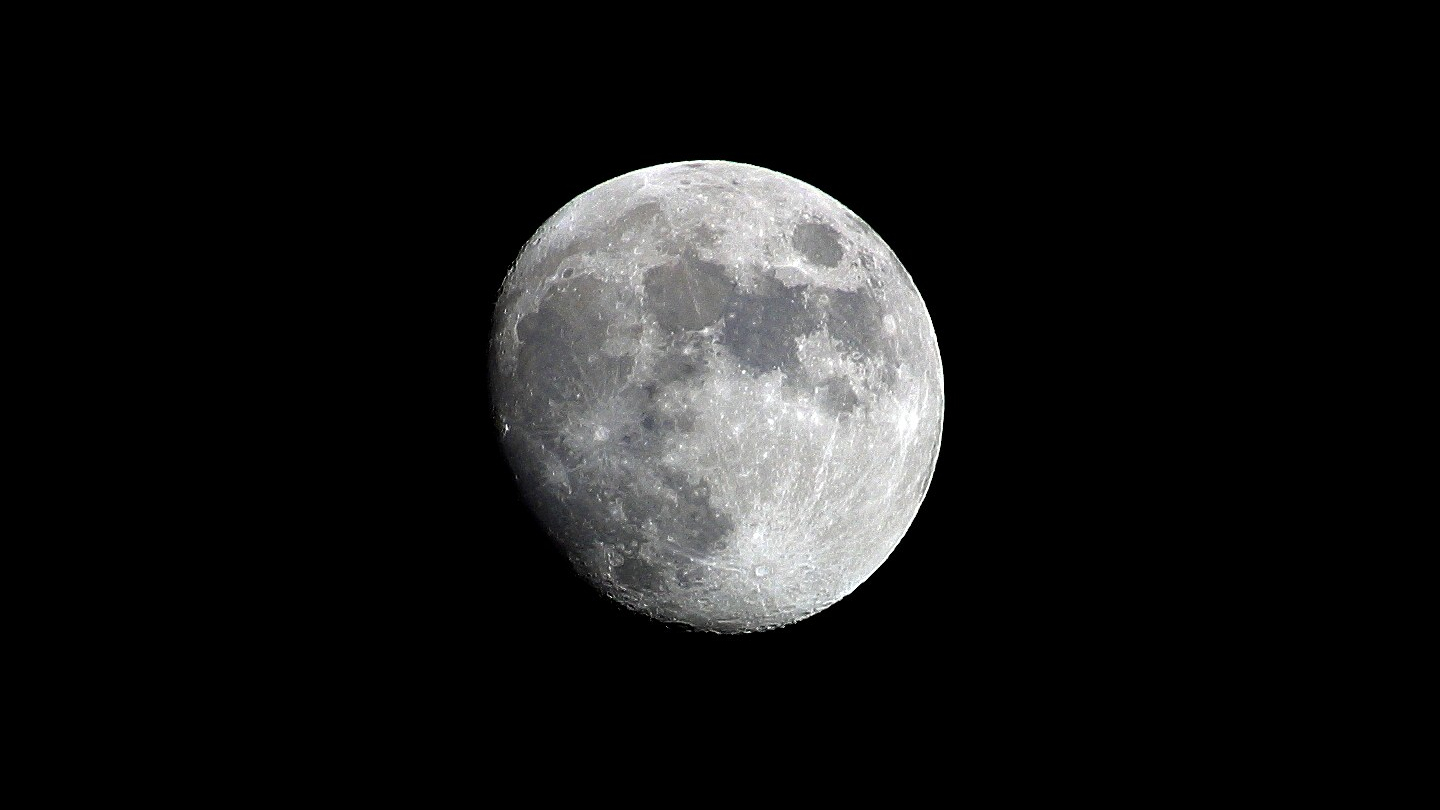
The Mask of Night [chamber version]
for soprano, tenor, baritone and chamber ensemble
- A Midsummer Night’s Dream, Act 5, Sc. 1
- The Merchant of Venice, Act 5, Sc. 1
- Othello, Act 5, Sc. 2
- Romeo and Juliet, Act 2, Sc. 2
- Hamlet, Act 1, Sc. 5
- The Tempest, Act 4, Sc. 1
Chamber ensemble consists of 2 flutes, 2 clarinets, 2 violins, viola, violoncello and contrabass.
Also for voices and chamber orchestra.
I. A Midsummer Night’s Dream, Act 5, Sc. 1
ROBIN GOODFELLOW:
Now the wasted brands do glow,
Whilst the screech-owl, screeching loud,
Puts the wretch that lies in woe
In remembrance of a shroud.
Now it is the time of night
That the graves, all gaping wide,
Every one lets forth his sprite
In the church-way paths to glide.
And we fairies, that do run
By the triple Hectate’s team
From the presence of the sun,
Following darkness like a dream,
Now are frolic.
II. The Merchant of Venice, Act 5, Sc. 1
LORENZO:
How sweet the moonlight sleeps upon this bank.
Here will we sit and let the sounds of music
Creep in our ears; soft stillness and the night
Become the touches of sweet harmony.
… Look how the floor of heaven
Is thick inlaid with patens of bright gold.
There’s not the smallest orb which thou behold’st
But in his motion like an angel sings,
Still choiring to the young-eyed cherubins.
Such harmony is in immortal souls,
But whilst this muddy vesture of decay
Doth grossly close it in, we cannot hear it.
III. Othello, Act 5, Sc. 2
OTHELLO:
It is the cause, it is the cause, my soul.
Let me not name it to you, you chaste stars.
It is the cause. Yet I’ll not shed her blood,
Nor scar that whiter skin of hers than snow,
And smooth as monumental alabaster.
Yet she must die, else she’ll betray more men.
Put out the light, and then put out the light…
But once put out thy light,
Thou cunning’st pattern of excelling nature,
I know not where is that Promethean heat
That can thy light relume…
O insupportable! O heavy hour!
IV. Romeo and Juliet, Act 2, Sc. 2
JULIET:
Thou knowest the mask of night is on my face,
Else would a maiden blush bepaint my cheek
For that which thou hast heard me speak tonight.
… I should have been more strange, I must confess,
But that thou overheard’st ere I was ware
My true-love passion. Therefore pardon me,
And not impute this yielding to light love,
Which the dark night hath so discoverèd.
ROMEO:
Lady, by yonder blessèd moon I vow,
That tips with silver all these fruit-tree tops—
JULIET:
O, swear not by the moon, th’inconstant moon,
That monthly changes in her circled orb,
Lest that thy love prove likewise variable.
ROMEO:
What shall I swear by?
JULIET:
Do not swear at all… Although I joy in thee,
I have no joy of this contract tonight.
It is too rash, too unadvised, too sudden,
Too like the lightning, which doth cease to be
Ere one can say “it lightens”. Sweet, good night…
ROMEO:
O blessèd, blessèd night! I am afeard,
Being in night, all this is but a dream,
Too flattering sweet to be substantial…
JULIET:
A thousand times good night.
ROMEO:
A thousand times the worse to want thy light.
V. Hamlet, Act 1, Sc. 5
GHOST:
I am thy father’s spirit,
Doomed for a certain term to walk the night
And for the day confined to fast in fires
Till the foul crimes done in my days of nature
Are burnt and purged away.
VI. The Tempest, Act 4, Sc. 1
PROSPERO:
Our revels now are ended. These our actors,
…were all spirits and
Are melted into air, into thin air;
And like the baseless fabric of this vision,
The cloud-capped towers, the gorgeous palaces,
The solemn temples, the great globe itself,
Yea, all which it inherit, shall dissolve,
And, like this insubstantial pageant faded,
Leave not a rack behind. We are such stuff
As dreams are made on, and our little life
Is rounded with a sleep.
—William Shakespeare (c.1564-1616)